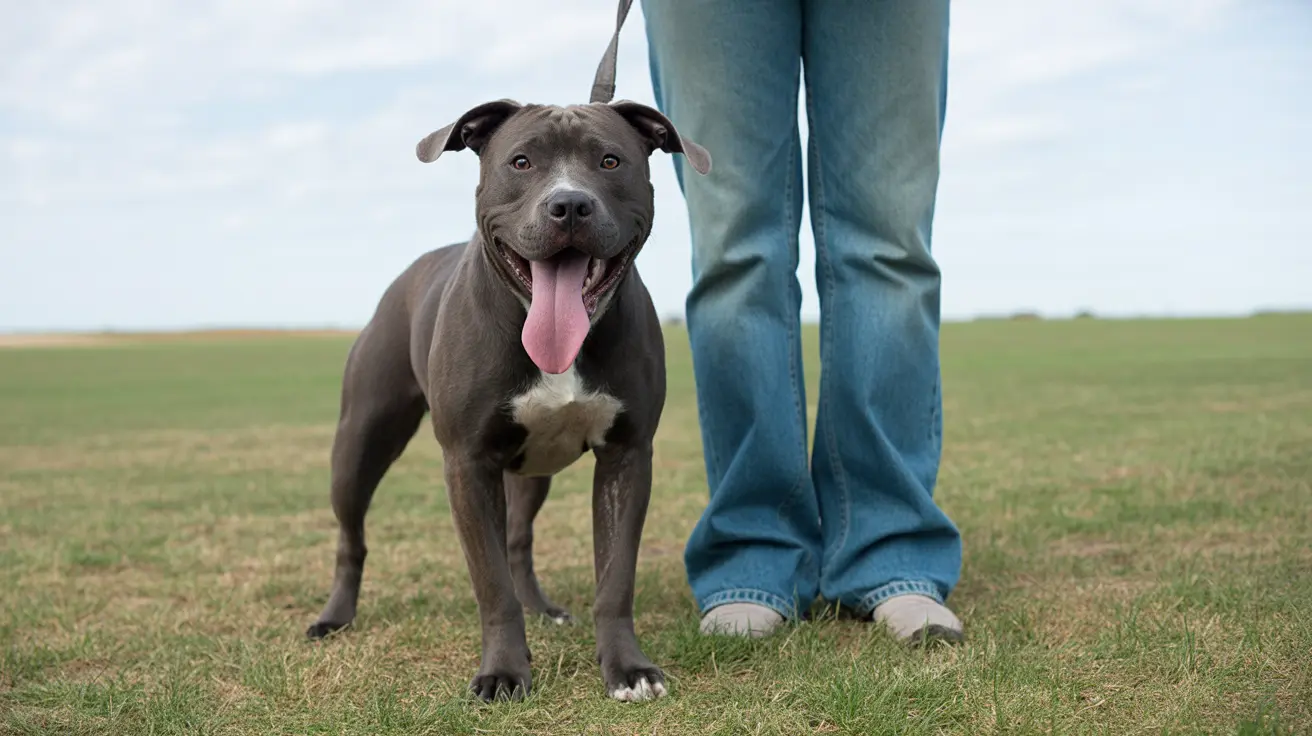Can Dogs Have Cheese? A Safe Treat or a Risky Snack?
Cheese is a popular treat among humans, and many dog owners wonder whether it's safe to share this dairy product with their furry companions. The short answer is yes —
dogs can have cheese in moderation. However, as with any human food, there are important factors to consider before incorporating cheese into your pet's diet.
Is Cheese Safe for Dogs?
Cheese is not toxic to dogs, making it a viable occasional snack. Most dogs enjoy its creamy taste and smell, making it effective as a training reward or to conceal pills. However, due to its composition, cheese must be served responsibly.
Nutritional Components of Cheese
Cheese contains several nutrients beneficial to dogs:
- Protein – A vital building block in muscle growth and repair.
- Calcium – Supports strong bones and teeth.
- Vitamin A – Important for vision and immune function.
- B Vitamins – Assists in energy metabolism.
- Essential fatty acids – Promotes healthy skin and coat.
While these nutrients are beneficial, cheese is also high in certain elements that present potential health concerns:
- Fat – High fat content can contribute to obesity or pancreatitis if overfed.
- Lactose – Dogs' ability to digest lactose varies, with some being lactose intolerant.
- Sodium – Excessive intake can lead to salt toxicity, especially in small breeds.
Types of Cheese Best for Dogs
Some cheeses are better than others when feeding dogs. Opt for varieties that are
low in fat and sodium with minimal additives. Suitable options include:
- Mozzarella
- Cottage cheese
- Soft goat cheese
- Plain cream cheese (in small amounts)
- String cheese – often used during training
Avoid cheeses that contain potentially toxic ingredients or are heavily processed:
- Blue cheese – May contain yeast-based toxins harmful to dogs.
- Cheese with garlic or onions – Toxic ingredients for dogs.
- Aged cheeses – Higher in salt and more likely to cause lactose intolerance symptoms.
Portion Control is Key
Giving dogs cheese in moderation is essential. Small portions reduce the likelihood of digestive issues or longer-term health problems. Here are some rough portion guidelines:
- Small dogs: 1-2 small cubes per week
- Medium dogs: 2-4 small cubes per week
- Large dogs: up to 1 inch-cube a few times a week
Cheese should never become a staple in your dog’s diet. Use it occasionally during training sessions or as a treat hidden inside toys or puzzle feeders.
Signs of Lactose Intolerance in Dogs
Just like some humans, many dogs have difficulty digesting dairy products. If your dog exhibits the following symptoms after eating cheese, it may be lactose intolerant:
- Bloating
- Gas
- Diarrhea
- Vomiting
- Lethargy or discomfort
In these cases, discontinue cheese and consult your veterinarian.
Cheese as a Training Tool
Many dog trainers use small bits of cheese as high-reward treats. Because of its strong aroma and palatability, cheese can quickly capture a dog’s attention. Use cheese during:
- Obedience training
- Puppy socialization
- Leash handling or advanced commands
Make sure to offset the calorie intake by reducing meals slightly to maintain weight balance.
Special Considerations for Puppies and Senior Dogs
Puppies can have small amounts of cheese, but their digestive systems are still developing — introduce dairy slowly and watch for intolerance.
Senior dogs may be more likely to develop lactose intolerance or digestion issues, so monitor their response and consult your vet if you're unsure.
Alternatives to Cheese
If your dog is sensitive to dairy or you’re looking to limit fat intake, consider these healthier treat options:
- Cooked lean meats (chicken, turkey)
- Pumpkin puree
- Baby carrots
- Green beans
- Plain cooked beans (like black or kidney beans)
Conclusion
Cheese can be a
safe and enjoyable occasional treat for most dogs when given in small amounts. Always choose dog-safe varieties, control portions, and monitor for signs of lactose intolerance or digestive upset. When used responsibly, cheese can be an effective high-reward treat that strengthens the bond between you and your dog — just be sure not to overindulge.
Always speak with your veterinarian before introducing new foods to your pet’s diet, especially if your dog has preexisting health conditions like pancreatitis, obesity, or food sensitivities.





